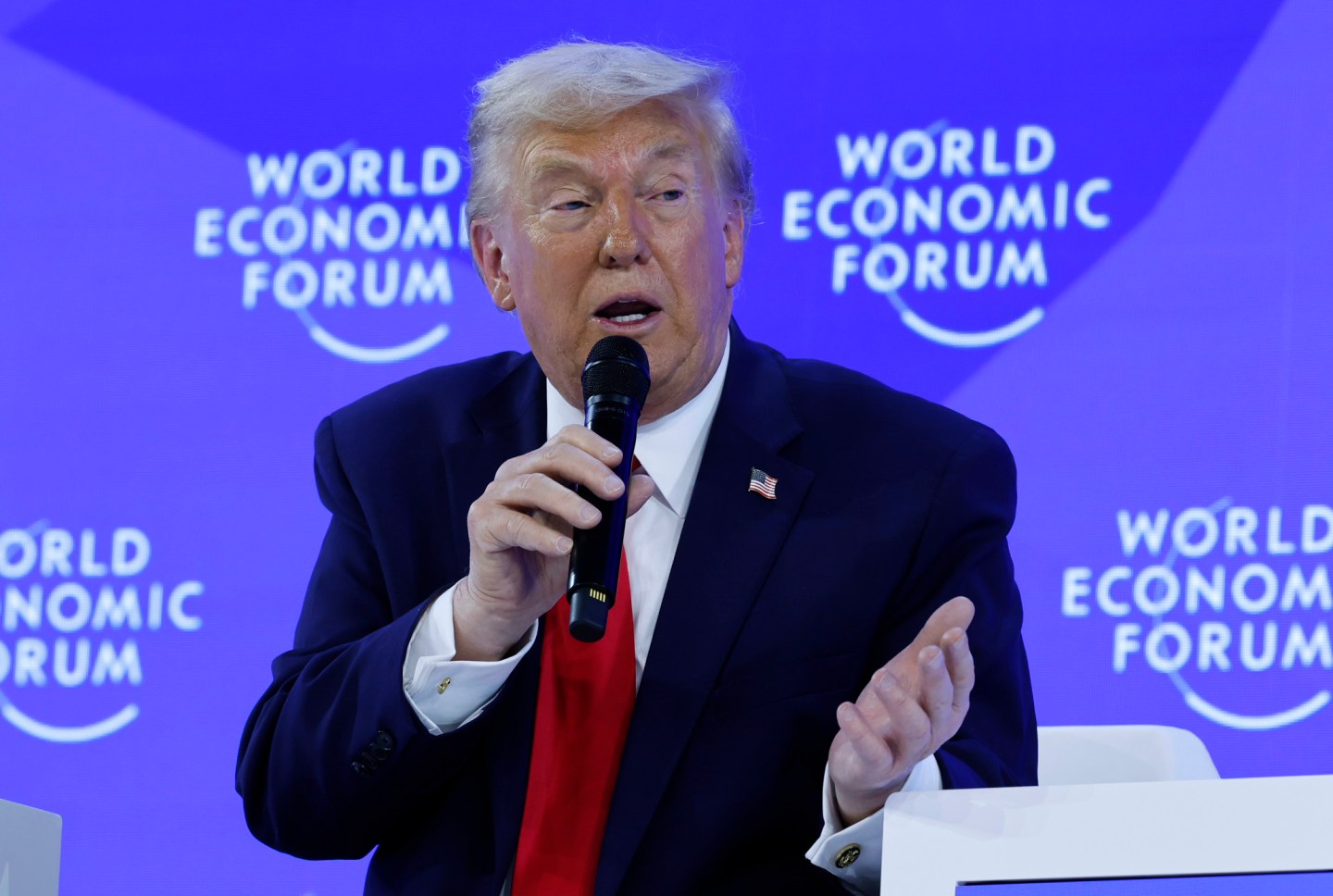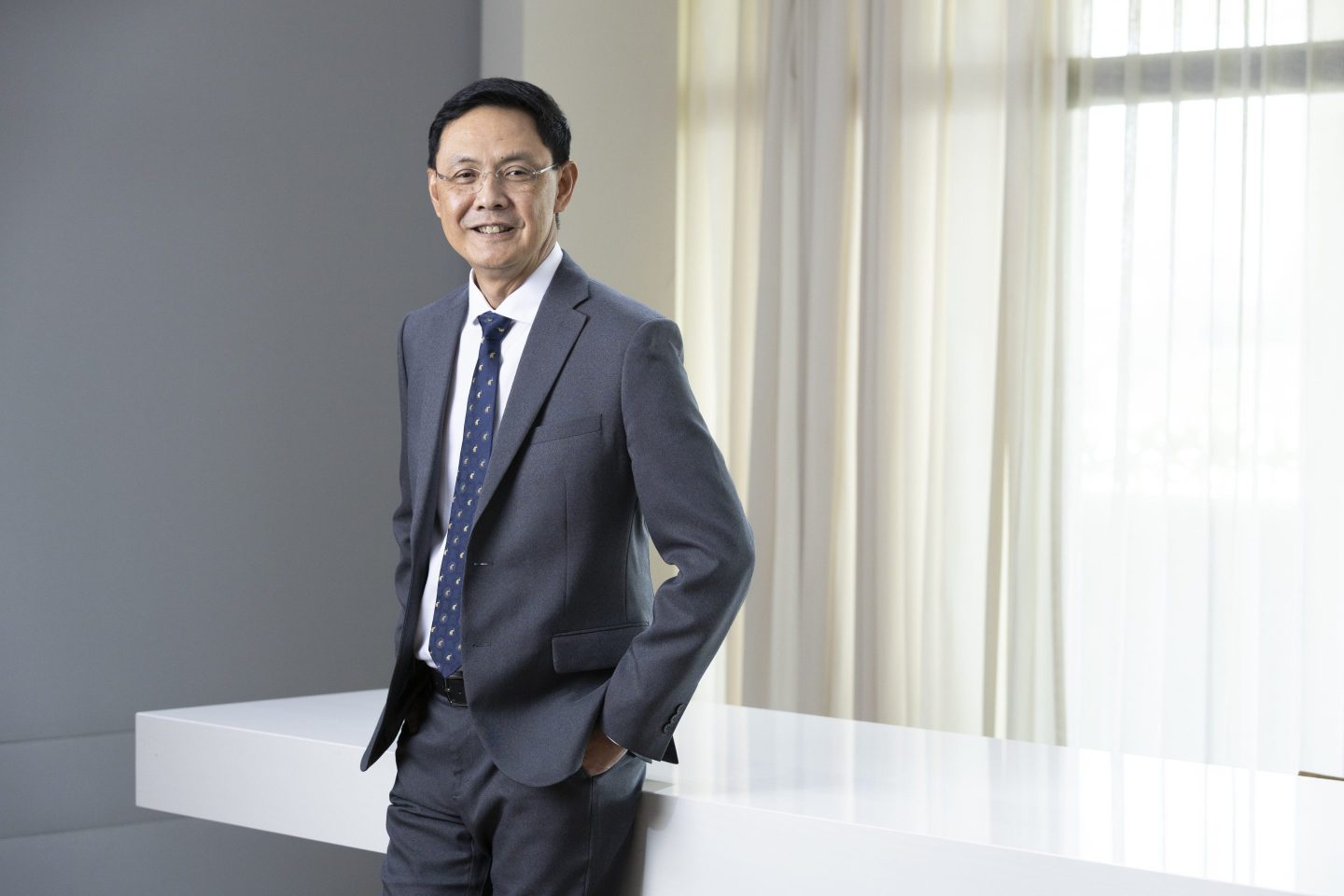Biotech companies argue that a judge’s ruling against DNA patents will slow their life-saving work. Instead they should move quickly to come up with a better, more collaborative way to protect and share findings. Time to get creative.
By David Ewing Duncan, contributor

Who owns our DNA — those long sequences of As, Gs, Ts, and Cs that make us who we are and contain hidden clues to diseases that might one day afflict us? Until yesterday, companies, universities, and individuals could make a claim, patenting DNA sequences isolated from the human body, though not the actual genes inside of you and me.
The whole framework around grabbing control revolved around creative lawyering, with companies over the last few years figuring out ways to adopt intellectual property laws better suited for, say, toasters — or man-made drugs — than to biological structures that seem to be more like leaves or sunshine.
Now it’s time for that innovative spirit to move away from the general counsel’s office and back to the lab.
The shift came yesterday in a case that has pitted the American Civil Liberties Union and several scientific and patient advocacy groups against Myriad Genetics (MYGN) — which owns patents on two genes that can contain mutations associated with breast cancer. Judge Robert Sweet, of the U.S. District Court of the Southern District of New York, invalidated these patents, saying they were “improperly granted” because they involve a “law of nature.”
“Many, however, including scientists in the fields of molecular biology and genomics, have considered this practice a ‘lawyer’s trick’ that circumvents the prohibitions on the direct patenting of the DNA in our bodies but which, in practice, reaches the same result,” Sweet wrote in a 152-page decision.
If this ruling survives appeals that could reach the U.S. Supreme Court, it could invalidate thousands of gene patents and cause problems for any company or lab that has invested in or will invest in developing predictive or diagnostic tests for hundreds of diseases. It also may impact the development of drugs based on owning the rights to certain genes, though this ruling is not likely to impact patents of genetic sequences that are part of a process used to create man-made drugs.
Myriad and other defendants in the case, including the U.S. Patent Office, have not yet commented on the ruling. In an interview two weeks ago, Myriad General Counsel Richard Marsh said that the company would likely go all the way to the Supreme Court if necessary. “The patent system works,” he said. “Without patents told who is going to do the work and spend the money to make this product accessible to people?”
A few days ago, I published a column that may have seemed audacious at the time: that the life science industry needs to start thinking beyond patents for the burgeoning business of genetic diagnostics and personalized medicine.
Already, our DNA is being used to detect and predict risk factors for breast cancer and other common diseases, and for dozens of rare disease such as Tay Sachs and Huntington’s. Physicians also can use gene markers to screen people to see if specific drugs will work for them or not.
One innovative idea would be to explore other solutions to creating intellectual property around naturally occurring entities in order to attract investment to develop products based on this entity. I suggested looking into the system of assigning and licensing frequencies on the electromagnetic spectrum that provides us with radio stations, GPS signals beamed in from satellites, and, yes, cell phone wavelengths.
At the end of the 19th century, the invention of radio caused a previously unknown spectrum of radio frequencies to be discovered — a finding not unlike that of the human genome a century later — which led to a system of public ownership and government licenses issued to companies that now range from Verizon (VZ) and AT&T (T) to your local hip-hop station. Licensees are required to follow certain rules or risk fines or (rarely) the forfeiture of their license.
As the industry and tech transfer offices in universities decry this legal outcome and gear up to fight it on appeal, they might consider that patents are not the only way to create intellectual property.
The issue of patenting an “isolated” gene, which is a copy of a “real” gene, has always stretched credulity. For years it has angered researchers and patient groups who want a system that does not create gene monopolies that can hinder further research into the genetic roots of disease, can charge exorbitant prices for tests, and can block attempts by patients to get second opinions on diagnostic tests that remain in many cases experimental.
“Today’s ruling is a victory for the free flow of ideas in scientific research,” said Chris Hansen, a staff attorney with the ACLU in a press release. “The human genome, like the structure of blood, air or water, was discovered, not created. There is an endless amount of information on genes that begs for further discovery, and gene patents put up unacceptable barriers to the free exchange of ideas.”
Arguably, the endless controversies have actually slowed innovation: Investors hesitate to commit millions of dollars to developing new diagnostic tests and even drugs given the uncertainty over patents.
Judge Sweet’s decision will cause much more turmoil in the weeks and months to come as the appeal process plays out. Even if other courts side with Myriad, the rulings are likely to be very narrow, perhaps covering only very specific mutations within genes.
This is unlikely to settle the matter, however — which suggests that life science lawyers and executives (and lobbyists) might consider borrowing some of those creative juices flowing so freely in the labs that are creating the new science in first place.











